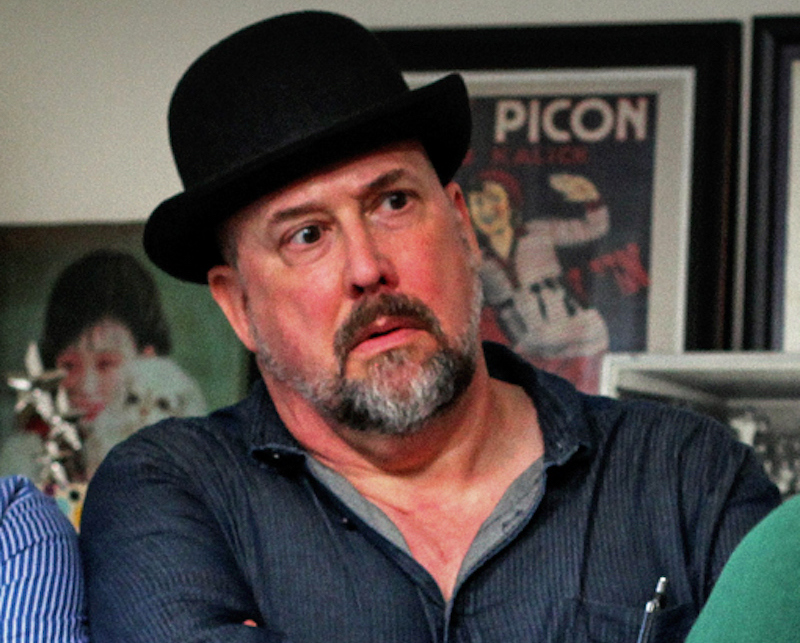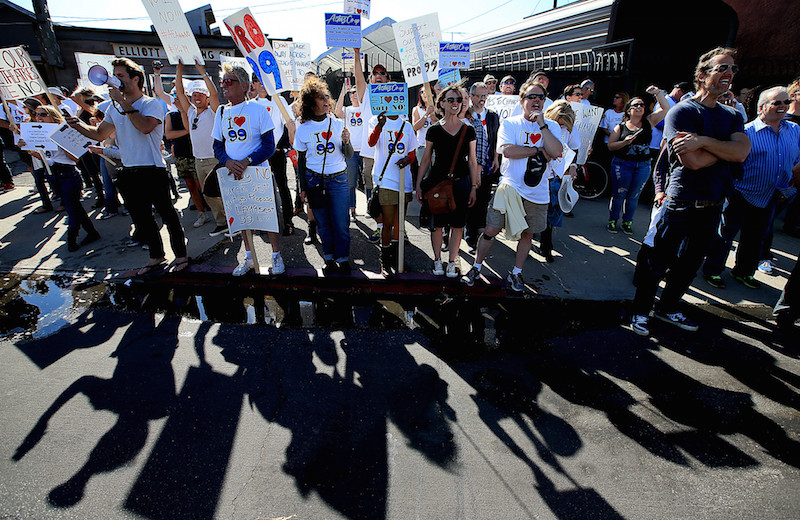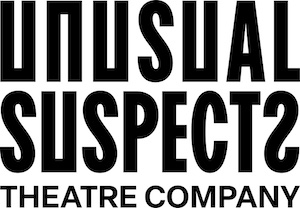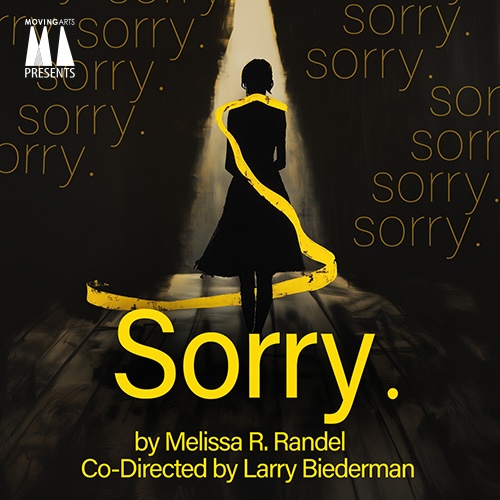After the Fall
One Local Stage Union Actor, Bill Salyers, Says “Enough!”
By Jack Grotenstein
This article is part of the Stage Raw/Unusual Suspects Youth Journalism Felllowship
Some L.A. actors are done with national stage actors’ and stage-managers’ union, Actors’ Equity Association (AEA). At least, William Salyers is. He, along with a handful of other actors, is fed up with the mismanagement and choices of the labor union. A union is meant to ensure a worker’s right to a safe working environment, fair wages, and benefits. It is mandated to operate with the best interest of the rank and file, but discontentment has spread in the hearts of many AEA members over what “best interest” actually means.
An actor on stage, screen and behind the microphone, Salyers officially left the union on March 14th of this year, citing multiple reasons in a resignation letter he made public. Also, like many other former-AEA actors, Salyers has no regrets.
The issues for Salyers date back to around 2012 when AEA marched into L.A. for the purpose of dismantling its own “99-Seat Theatre Agreement” in L.A. County, a descendent of what had earlier been called the Equity Waiver (also an AEA-approved “agreement”), in order to bring the region into compliance with other regions across the country. AEA’s new contract, in tandem with California’s Assembly Bill 5 (which AEA heartily endorsed), gutted local union actors’ long-standing ability to work for stipends ($15-$25 per performance) or to volunteer in theaters of 99-seats or less, when union work wasn’t available. In 2015, AEA put its new contract to local membership referendum. 67% of local membership rejected it. The union implemented the contract nonetheless. The practical effect of the last decade’s triple-threat (AEA, AB5 and Covid) to the L.A.-area ecosystem has been a 50% drop in stage productions since 2015.
Salyers met with Stage Raw on Zoom in mid-June to share his views.
Stage Raw: Leaving Equity comes with freedom to work in some smaller theaters without being subjected to union rules. You can now hone your craft and stay sharp and feed your soul… But, at the same time, without the union, you lose your protection, benefits, and fair wage requirement. How have you coped with that?
Salyers: Well, fortunately I’m a member in good standing of the Screen Actors Guild and, like most people here in L.A., my main money . . . and my insurance comes from media, [not live theater]. I feel very fortunate to be in that position.
[That said] I have a wife. I have a kid. I have cats. I have a career. All of that is rooted here in Los Angeles. I should be able to live here in Los Angeles; make my living as an actor and also be in theater. Did I lose stuff? Yeah, absolutely. Equity has managed to convince a lot of producers that if they want to work with Equity actors, they can only work with Equity actors.
I knew that I was probably making a trade off, but [just did] a very rewarding show with the Hollywood Fringe Festival right now, that is of a challenging nature, with a large cast. I know that there’d be no way that play couldn’t get done under AEA. It’s a trade-off, and I chose my home. I chose acting over the union card.
You know, you don’t come [to L.A.] to do theater. If that is what you want to focus on, and you want to be a member of Actors’ Equity, your choices are to work regionally, all the time, so you’re never home (agents love that) or you’re, I don’t know, doing cruise ships. Or you can spend most of your time at your other home in Manhattan.
Stage Raw: What was the union’s response to your resignation?
Salyers: They sent me kind of a threatening letter back when I sent that resignation letter. They were like ‘well, we don’t have to let you back in.’ I kind of tend to think that they were probably thrilled to see me go because I was very outspoken during that time. But they were like, ‘we’re sorry to see you go, just so you know, if you do any non-Equity plays while you’re out, then you’ll have to start all over again and get rehired to an Equity contract. And also, we don’t have to let you back in if we don’t want to.’
I was so proud of being an Equity member for 20 years, and then I actually had to deal with the union, and I was like, oh, these people are assholes.
They had a chief counsel at that time, a lawyer advising them, and he would do things like, if you did something they didn’t like as part of the 99-seat fight, this guy would contact you, threatening to sue you, then further threaten to sue you if you told anyone that he had threatened to sue you. That’s the kind of thing we were dealing with.
Stage Raw: Actors need to be paid, but that shouldn’t come at the expense of their ability to create, or the livelihood of small theaters. Do you think a balance exists where actors are paid fairly, and still have the ability to create and work in small theaters?
Salyers: I can’t answer that question except to say that I know there is one, because it’s been found by some organizations here, and it’s been found elsewhere.
My problem was not that [AEA leadership] wanted to have this discussion. . . my problem was that they didn’t want to have the discussion . . . That question that you’re asking– nobody I knew was against that idea. But Equity didn’t want to have that.
Stage Raw: Would you encourage your friends who are still in AEA to leave?
Salyers: One of the things I put in my bio that I am a former 20 some-odd year member of Actors Equity because I want people to know that I was a member. I had all the benefits of membership, and I chose to give that up. They didn’t kick me out. I chose to give that up.
One of the actresses that I’m working with now, a very accomplished woman, older than I am, said, “Well, why’d you leave Equity?” I told her what I’m telling you. And yes, some people react automatically negatively, and I think it’s because [they] don’t want to think that this organization that you work so hard to get into is run by these people this way, and so people tend to feel challenged by it.
My thing is you know why you are a member. It either serves you or it does not serve you. If someone asks why I left Equity after 20 years, I’ll tell them the truth.
Most of us join when we’re younger. And [then] it feels like such an achievement. You can go years paying those dues and you never really question it. But because of what they did here in L.A., it made me take a serious look at how the union had changed since I joined.
If it works for you, if you do a lot of regional theater, if most of your money comes from working in a touring circuit somewhere, if you enjoy doing revues on Princess Cruise Lines, then great. I’ve never been that guy. I like doing new material, I like doing sticky, difficult, morally ambiguous stuff. Stuff that’s never going to be in a Broadway house. So [staying in AEA] didn’t make any sense for me.
(Note: Actors’ Equity Association declined to respond to multiple attempts to reach them for comment.)
For more information: https://stageraw.com/oldStageRaw/the-complete-history-of-la-theater-unabridged-in-15-minutes/
















